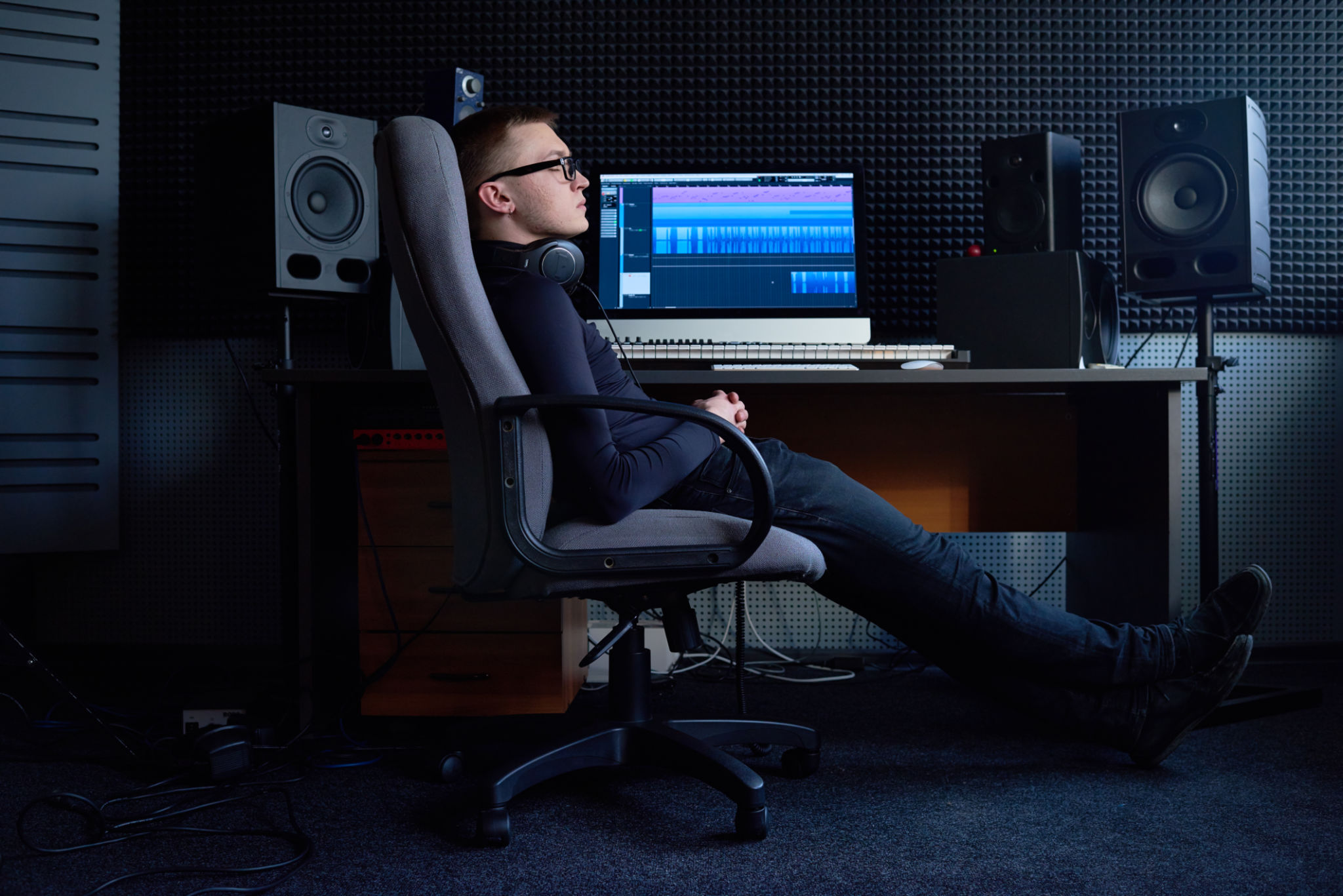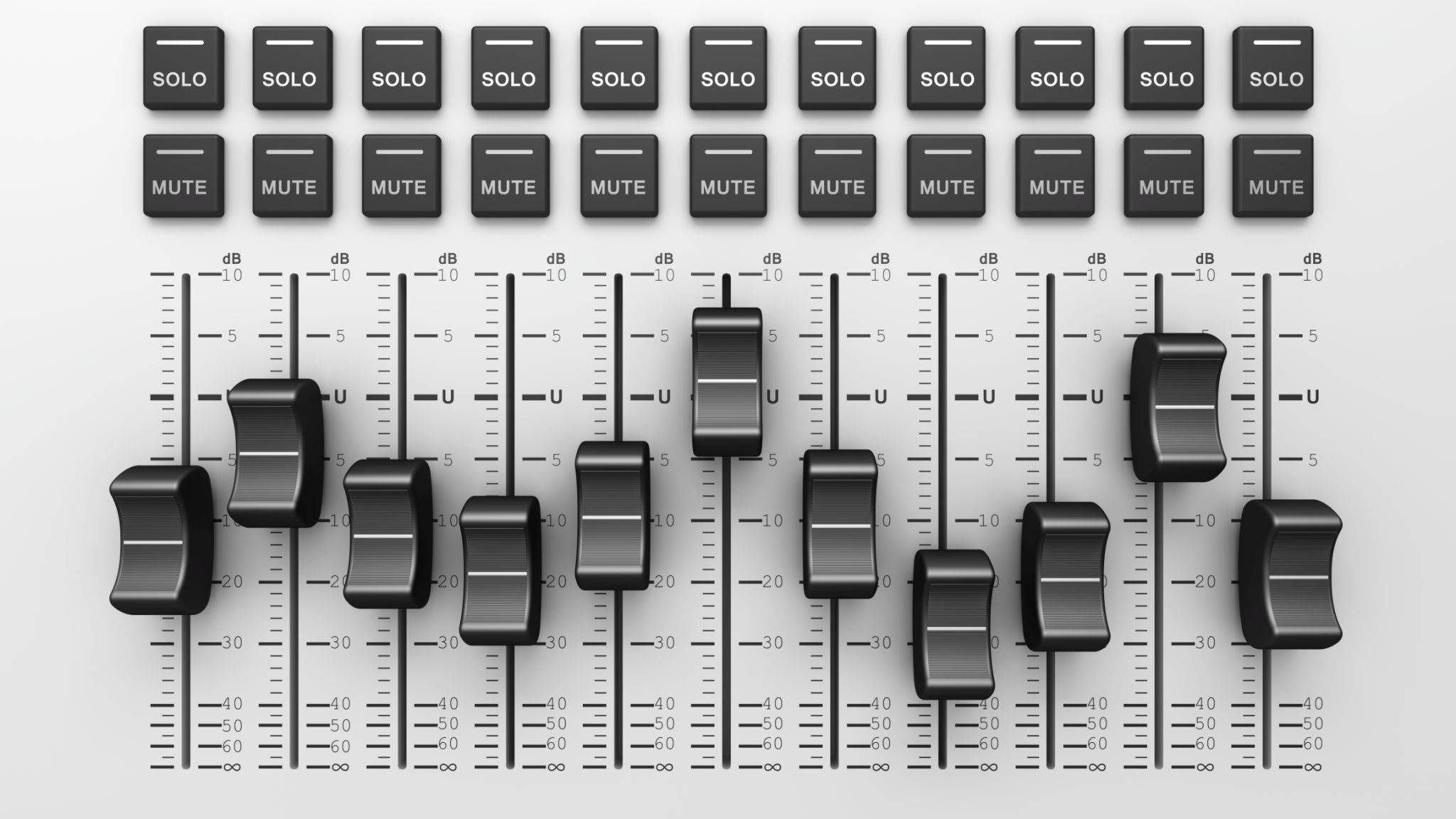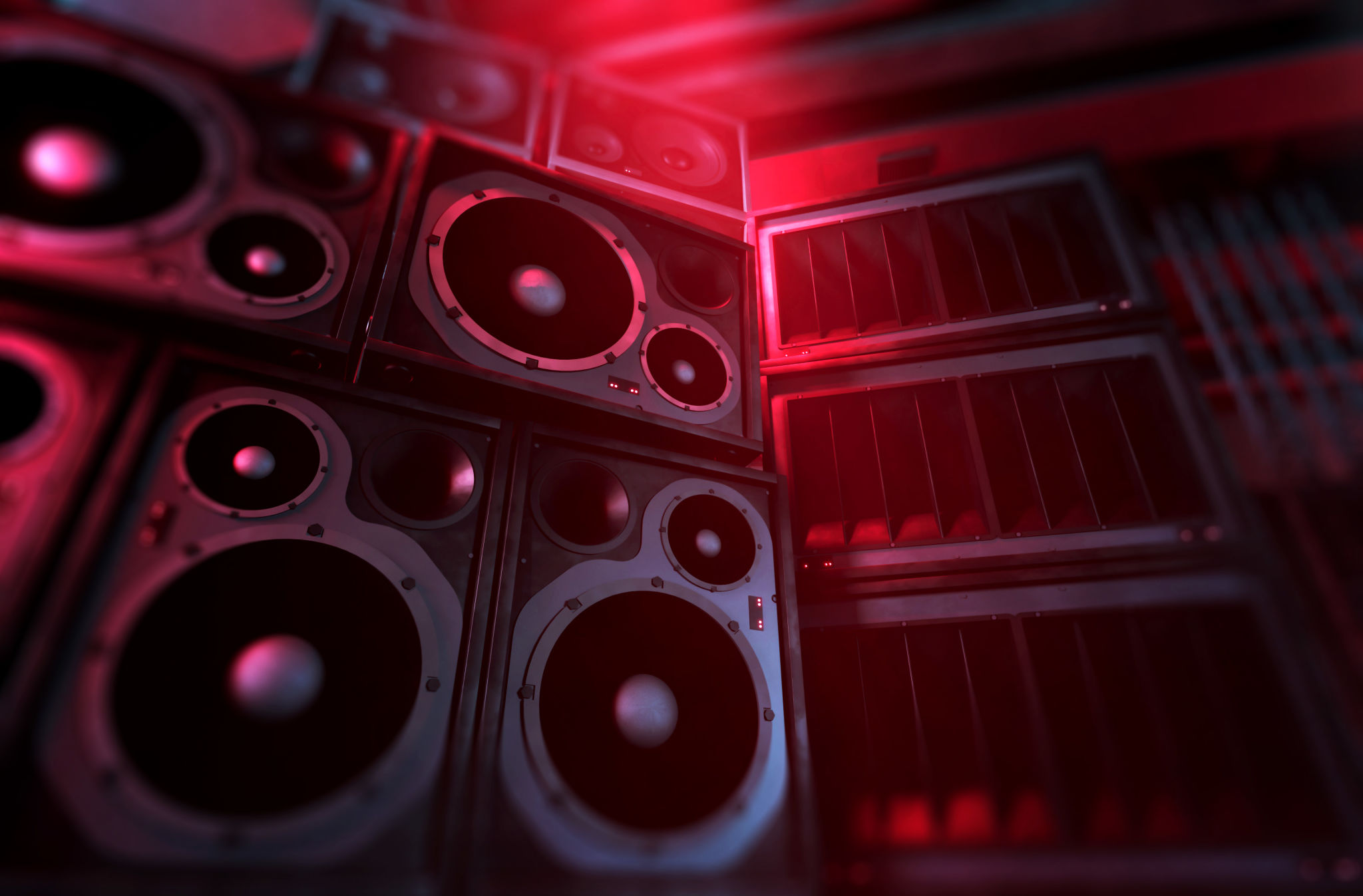How to Create a Unique Sound: A Music Producer’s Guide
Introduction to Crafting a Unique Sound
In the world of music production, creating a unique sound is the key to standing out in a crowded industry. With countless artists and producers releasing new music every day, the challenge lies in distinguishing your work from the rest. This guide will help you navigate the process of developing a signature sound that resonates with listeners and sets you apart.

Understanding Your Influences
Every music producer begins with a set of influences that shape their initial sound. Start by identifying the artists and genres that inspire you. Understanding your influences will help you recognize the elements you want to incorporate into your own music. However, while these influences serve as a foundation, it's crucial to add your personal twist to avoid mere imitation.
Analyze and Deconstruct
Take time to analyze your favorite tracks. Deconstruct the elements that make these songs appealing to you. Whether it's the melody, rhythm, or production techniques, breaking down these components will provide insight into what makes them effective. Use this knowledge to experiment with similar elements in your own work.
Experimentation with Sounds
The heart of creating a unique sound lies in experimentation. Don't be afraid to step out of your comfort zone and try new things. Experiment with different instruments, digital plugins, and sound effects. Layering unexpected sounds can lead to surprising and innovative results.

Create Custom Samples
One way to ensure uniqueness is by creating your own samples. Record everyday sounds or unusual noises and incorporate them into your tracks. This not only adds a personal touch but also ensures that no other producer has the exact same elements in their music.
Utilizing Technology and Tools
Technology plays a significant role in modern music production. Familiarize yourself with the latest production software and tools available. Digital Audio Workstations (DAWs) like Ableton Live, Logic Pro X, and FL Studio offer a plethora of features that can enhance your creative process.
Master Your Equipment
Whether you're using hardware synthesizers or virtual instruments, mastering your equipment is vital. Spend time learning the ins and outs of each tool in your arsenal. Understanding how to manipulate these tools will give you greater control over your sound.

Collaboration and Feedback
Collaborating with other musicians and producers can open doors to new ideas and techniques. Different perspectives can inspire creativity and help refine your sound. Moreover, seeking feedback from trusted peers can provide valuable insights into areas for improvement.
Iterate and Evolve
Your sound should never be static. As you grow as a producer, allow your sound to evolve. Embrace change and be open to incorporating new influences and technologies. This dynamic approach will keep your music fresh and engaging to audiences.
Conclusion: Finding Your Signature Sound
Creating a unique sound is an ongoing journey of discovery and innovation. By understanding your influences, experimenting with sounds, leveraging technology, and collaborating with others, you can develop a signature style that is truly your own. Stay curious, keep evolving, and most importantly, have fun with the creative process.
